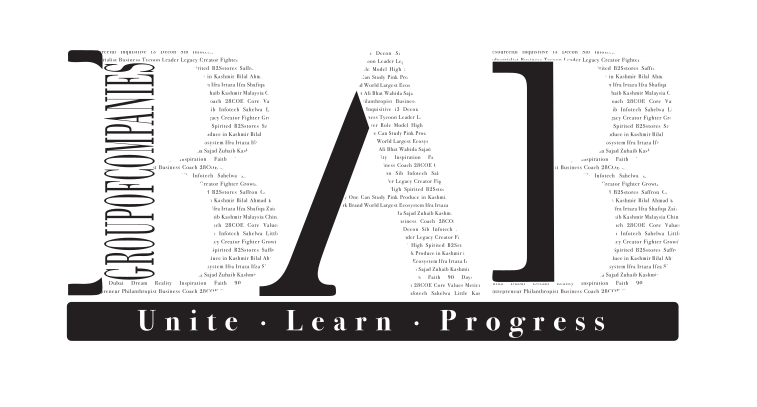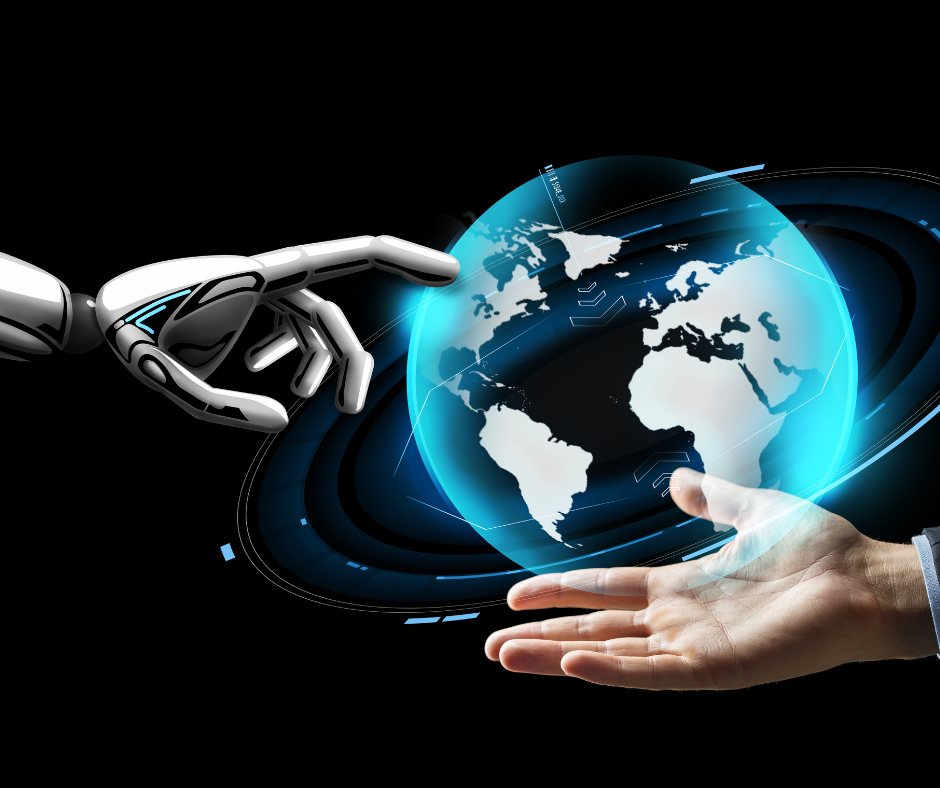Artificial Intelligence (AI) is revolutionizing the landscape of human resources (HR) by enhancing efficiency, accuracy, and decision-making across various functions, particularly in recruiting and talent management. As organizations navigate through the digital age, integrating AI into HR practices has become essential for staying competitive and agile in attracting, retaining, and developing top talent.
Enhancing Recruitment Processes with AI
AI-powered tools have streamlined traditional recruitment processes, offering substantial benefits:
- Automated Candidate Sourcing: AI algorithms can scan thousands of resumes and online profiles to identify potential candidates whose skills and experience match the job requirements. This accelerates the initial screening process and ensures a larger pool of qualified applicants.
- Predictive Analytics for Hiring: By analyzing historical hiring data, AI can predict candidate success and job fit based on factors such as skills assessment, cultural alignment, and performance metrics. This predictive capability reduces bias in hiring decisions and improves employee retention rates.
- Virtual Assistants and Chatbots: AI-driven chatbots can engage with candidates in real-time, providing information about job openings, scheduling interviews, and answering frequently asked questions. This improves the candidate experience and frees up HR professionals to focus on strategic tasks.
Optimizing Talent Management Strategies
Beyond recruitment, AI transforms talent management practices by:
- Performance Management: AI-enabled platforms analyze employee performance data to provide actionable insights for managers. This includes identifying performance trends, predicting future performance, and recommending personalized development plans.
- Employee Engagement: AI-powered surveys and sentiment analysis tools gauge employee satisfaction and engagement levels. By identifying underlying factors affecting engagement, HR teams can implement targeted initiatives to boost morale and retention.
- Learning and Development: AI-driven learning platforms personalize training programs based on individual employee profiles and learning preferences. Adaptive learning algorithms adjust content delivery in real-time, ensuring continuous skill development aligned with organizational goals.
Challenges and Considerations
While AI offers significant advantages, its implementation in HR requires careful consideration of ethical, legal, and privacy concerns:
- Ethical Use of AI: Ensuring AI algorithms are free from bias and uphold fairness in hiring and performance evaluations.
- Data Privacy: Safeguarding employee data collected through AI-driven tools and complying with data protection regulations.
- Skill Development: Investing in training HR professionals to leverage AI tools effectively and ethically.
Actionable Strategies for Implementation
To harness the full potential of AI in HR:
- Invest in AI Integration: Partner with technology providers specializing in HR AI solutions tailored to your industry and organizational needs.
- Continuous Monitoring and Evaluation: Regularly assess AI performance metrics to refine algorithms and ensure alignment with HR objectives.
- Employee Education: Foster a culture of digital literacy and AI awareness among employees to facilitate smooth integration and acceptance.
In conclusion, AI’s integration into HR processes revolutionizes recruiting, talent management, and employee development. By leveraging AI’s predictive analytics and automation capabilities, organizations can optimize HR practices, enhance decision-making, and foster a dynamic, engaged workforce poised for sustained success in the digital era.

